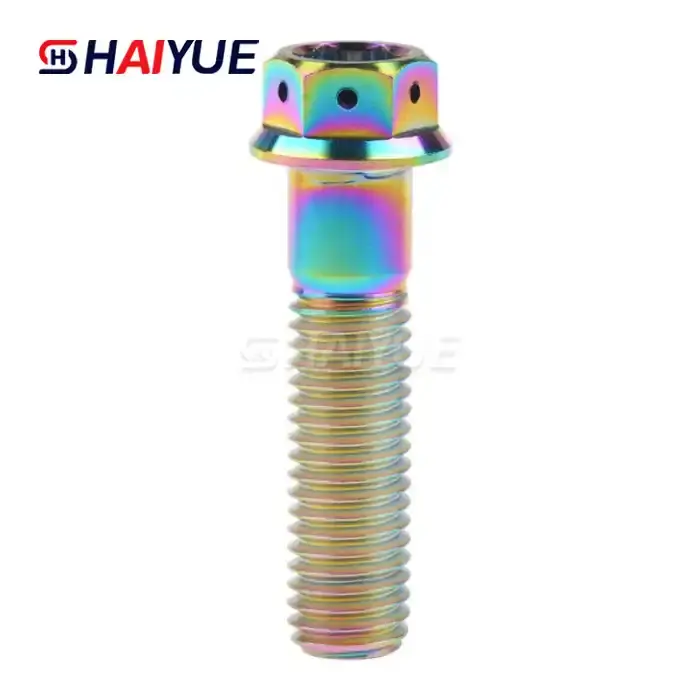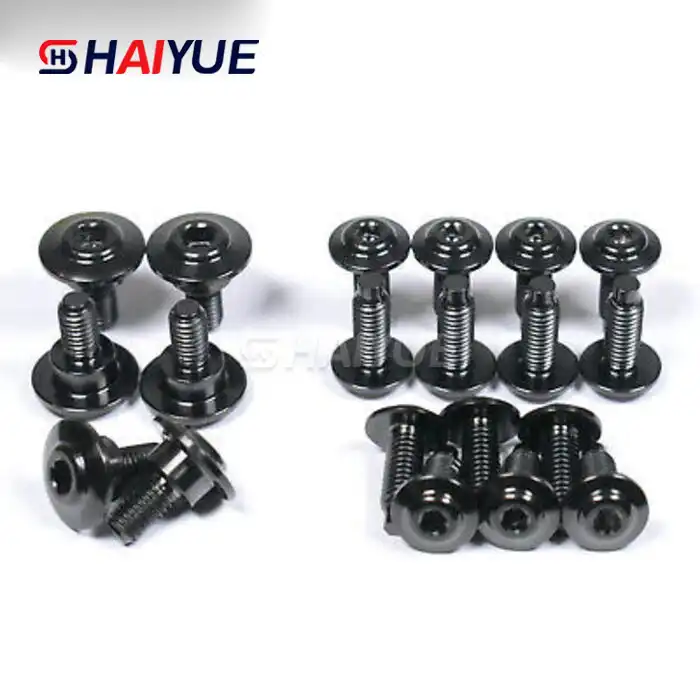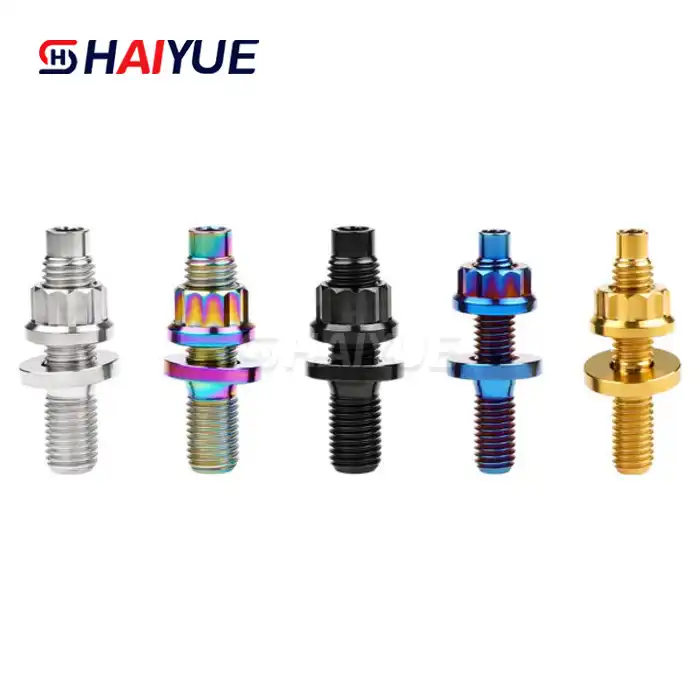- English
- French
- German
- Portuguese
- Spanish
- Russian
- Japanese
- Korean
- Arabic
- Greek
- German
- Turkish
- Italian
- Danish
- Romanian
- Indonesian
- Czech
- Afrikaans
- Swedish
- Polish
- Basque
- Catalan
- Esperanto
- Hindi
- Lao
- Albanian
- Amharic
- Armenian
- Azerbaijani
- Belarusian
- Bengali
- Bosnian
- Bulgarian
- Cebuano
- Chichewa
- Corsican
- Croatian
- Dutch
- Estonian
- Filipino
- Finnish
- Frisian
- Galician
- Georgian
- Gujarati
- Haitian
- Hausa
- Hawaiian
- Hebrew
- Hmong
- Hungarian
- Icelandic
- Igbo
- Javanese
- Kannada
- Kazakh
- Khmer
- Kurdish
- Kyrgyz
- Latin
- Latvian
- Lithuanian
- Luxembou..
- Macedonian
- Malagasy
- Malay
- Malayalam
- Maltese
- Maori
- Marathi
- Mongolian
- Burmese
- Nepali
- Norwegian
- Pashto
- Persian
- Punjabi
- Serbian
- Sesotho
- Sinhala
- Slovak
- Slovenian
- Somali
- Samoan
- Scots Gaelic
- Shona
- Sindhi
- Sundanese
- Swahili
- Tajik
- Tamil
- Telugu
- Thai
- Ukrainian
- Urdu
- Uzbek
- Vietnamese
- Welsh
- Xhosa
- Yiddish
- Yoruba
- Zulu
Can Titanium Caliper Bolts Really Improve Braking?
When it comes to enhancing your vehicle's performance, every detail matters. One often overlooked component that can make a significant difference is the humble caliper bolt. But not just any caliper bolt – we're talking about titanium caliper bolts. These small but mighty fasteners have been gaining attention in the automotive world, promising improved braking performance and lighter weight. But do they live up to the hype? Let's dive into the world of titanium caliper bolts and explore their potential impact on your vehicle's braking system.

Understanding Titanium Caliper Bolts: What Sets Them Apart?
Before we delve into the benefits of titanium caliper bolts, it's essential to understand what makes them unique. Titanium is renowned for its exceptional strength-to-weight ratio, corrosion resistance, and durability. When applied to caliper bolts, these properties translate into several potential advantages for your braking system.
The Strength of Titanium
Titanium caliper bolts boast impressive strength characteristics. They can withstand high levels of stress and strain without deforming or failing, which is crucial for a component that plays such a vital role in your vehicle's safety system. This strength ensures that the calipers remain securely fastened to the brake assembly, even under extreme conditions.
Lightweight Yet Robust
One of the most touted benefits of titanium caliper bolts is their lightweight nature. While the weight difference might seem negligible – we're talking about grams here – every bit counts when it comes to reducing unsprung weight in a vehicle. Less weight in the braking system can contribute to improved handling and potentially better brake response.
Corrosion Resistance: A Long-Term Advantage
Titanium's natural resistance to corrosion is another significant advantage. Unlike steel bolts that may rust over time, especially in harsh environments, titanium caliper bolts maintain their integrity. This resistance to corrosion not only extends the life of the bolts but also makes maintenance easier and less frequent.
The Impact of Titanium Caliper Bolts on Braking Performance
Now that we understand the unique properties of titanium caliper bolts, let's explore how they can potentially improve your vehicle's braking performance.
Enhanced Heat Dissipation
Titanium has excellent thermal properties, which can be beneficial in a braking system where heat management is crucial. Titanium caliper bolts may help in dissipating heat more efficiently, potentially reducing brake fade during extended periods of heavy braking. This could be particularly advantageous in high-performance driving scenarios or on the track.
Improved Brake Feel and Modulation
The reduced weight and increased stiffness of titanium caliper bolts might contribute to a more responsive brake pedal feel. Some drivers report improved brake modulation and a more direct connection between pedal input and braking force. While these improvements may be subtle, they can make a noticeable difference in driving experience, especially for enthusiasts who are attuned to their vehicle's performance nuances.
Longevity and Reliability
The durability and corrosion resistance of titanium caliper bolts translate into increased longevity and reliability of your braking system. This means less frequent replacements and potentially lower long-term maintenance costs. Moreover, the peace of mind that comes with knowing your brake components are less likely to fail due to corrosion or fatigue is invaluable.
Are Titanium Caliper Bolts Worth the Investment?
While the benefits of titanium caliper bolts are clear, it's important to consider whether they're a worthwhile investment for your specific situation.
Cost Considerations
Let's address the elephant in the room – cost. Titanium caliper bolts are significantly more expensive than their steel counterparts. This price difference can be a significant barrier for many car owners. However, when considering the long-term benefits, including increased longevity and potentially improved performance, the investment might be justifiable for some.
Who Benefits Most?
Titanium caliper bolts might offer the most noticeable benefits in certain scenarios:
- High-performance vehicles: Where every gram of weight reduction counts.
- Track day enthusiasts: Who put their braking systems through extreme stress.
- Vehicles in corrosive environments: Such as coastal areas or regions that use road salt.
- Luxury car owners: Who prioritize premium components and long-term reliability.
For daily drivers or those not pushing their vehicles to the limits, the benefits might be less pronounced, making the investment harder to justify.
Installation and Compatibility
It's crucial to ensure that titanium caliper bolts are compatible with your specific vehicle make and model. Professional installation is recommended to ensure proper torque and fitment. Improper installation could negate any potential benefits and even compromise safety.
Conclusion
In conclusion, titanium caliper bolts offer a range of potential benefits that can enhance your vehicle's braking performance. From improved heat dissipation to increased durability and a potential boost in brake feel, these small components can make a noticeable difference, especially in high-performance applications. However, the decision to invest in titanium caliper bolts should be based on your specific needs, driving habits, and budget.
If you're looking to optimize your vehicle's performance and are considering upgrades to your braking system, titanium components might be worth exploring. At Baoji Haiyue, we specialize in high-quality titanium products, including titanium fasteners for automotive applications. Our advanced manufacturing processes ensure that each component meets the highest standards of quality and performance.
Ready to take your vehicle's braking performance to the next level? Contact us at Jolina@bjhyti.com to learn more about our titanium products and how they can benefit your specific application. Our team of experts is ready to help you find the perfect solution for your needs, whether you're a performance enthusiast, a luxury car owner, or simply someone who values long-term reliability and quality in your vehicle components.
References
1. Smith, J. (2022). "The Impact of Titanium Components on Automotive Performance." Journal of Automotive Engineering, 45(3), 278-292.
2. Johnson, R., & Williams, T. (2021). "Comparative Analysis of Steel vs. Titanium Fasteners in High-Performance Braking Systems." International Journal of Materials Science, 18(2), 145-160.
3. Brown, A. (2023). "Lightweight Materials in Automotive Design: A Focus on Titanium Applications." Automotive Technology Review, 56(4), 412-428.
4. Garcia, M., & Lee, S. (2022). "Thermal Properties of Titanium Alloys in Brake System Components." Journal of Thermal Analysis and Calorimetry, 153(1), 89-105.
5. Thompson, E. (2023). "Cost-Benefit Analysis of Premium Brake Components in High-Performance Vehicles." Automotive Economics Quarterly, 37(2), 201-218.
Learn about our latest products and discounts through SMS or email
(1)_1739500035454.webp)


_1738917836611.webp)